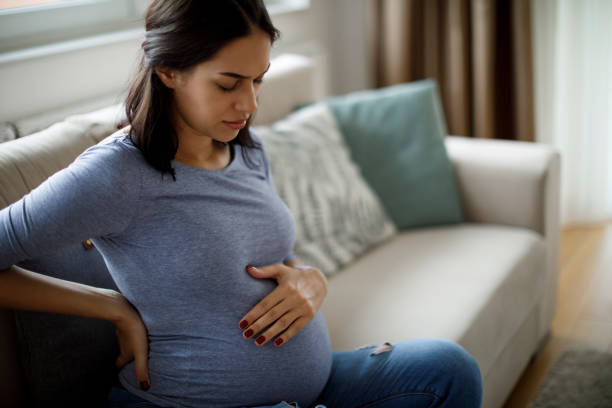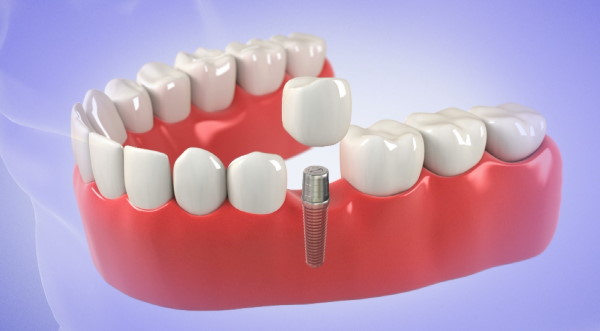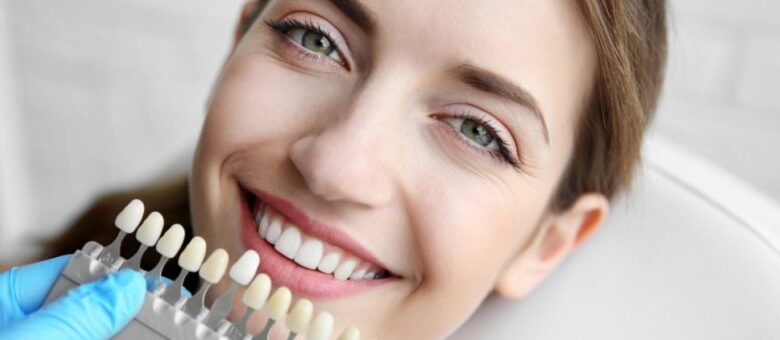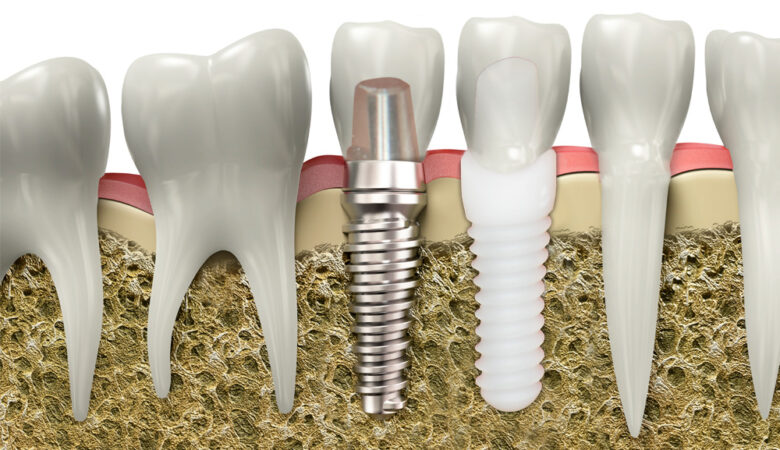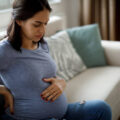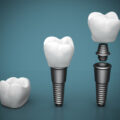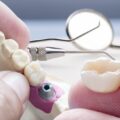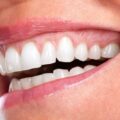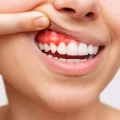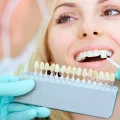Newer research shows that expectant mothers who suffer from periodontitis have an increased risk to the health of their unborn baby. But with certain precautions, these risks can be minimized or eliminated.
Increased risk of premature birth due to periodontitis
Thirty years ago, several American studies demonstrated connections between periodontitis (colloquially known as periodontal disease) and problems during pregnancy. The results were statistically clear: The risk of premature birth is significantly increased if the pregnant woman suffers from bacterial gum disease. The researchers found the same bacteria in the amniotic fluid as in the mother’s mouth. The placenta does not give the unborn child absolute protection against bacteria and viruses, as was previously assumed – and if the pests reach the placenta and thus penetrate to the fetus, the risk of premature birth increases 2.8 times!
Bacteria that penetrate the placenta are extremely aggressive and trigger stress and defense reactions in the fetus, the researchers believe. The brain receives warning signals of an immune reaction or inflammation – preterm labor can occur, causing a premature birth. The significant connection between periodontitis and growth disorders of the unborn child in the womb is also alarming. The reason for this could be the fetus’s reaction to the invading flood of bacteria: the small body calls out a kind of absorption stop.
In my opinion, periodontitis is definitely one of the risk factors during pregnancy, just like smoking, taking strong medication, diabetes and alcohol consumption.
Take special care if your gums bleed more frequently
Deposits and plaque on the teeth can lead to periodontitis – one in two people are affected, in mild or severe forms. If this bacterial plaque is left untreated, in the long term it can lead to chronic inflammation of the periodontium and thus to tooth loss. Particular caution is required for pregnant women, as the hormonal changes during pregnancy cause more frequent bleeding of the gums – the ideal basis for bacteria. The more bacteria there are, the greater the risk that they will penetrate the tissue and reach the placenta and amniotic sac via the pregnant woman’s bloodstream. However, as an affected pregnant woman, you do not have to react with panic – but you should definitely go to a dentist who specializes in periodontology in order to counteract any possible periodontitis and the associated dangers for your baby.
Remedy made easy: Eliminate risks with precautions and dental hygiene
Basically, the advice that I give to every woman in a similar situation in my practice in Gräfelfing near Munich is: In order to minimize or completely avoid the risks to the baby from periodontitis, you should already be in the family planning phase, but at the latest at the beginning During pregnancy, have your periodontitis checked and, if necessary, start treatment for periodontitis immediately. In the early stages of the disease, carefully carried out professional dental hygiene is sufficient, as tartar, plaque and hard deposits are completely removed even below the gum line. In the case of advanced illnesses, there are equally effective measures, the implementation of which is discussed with the patient taking into account the individual situation.

